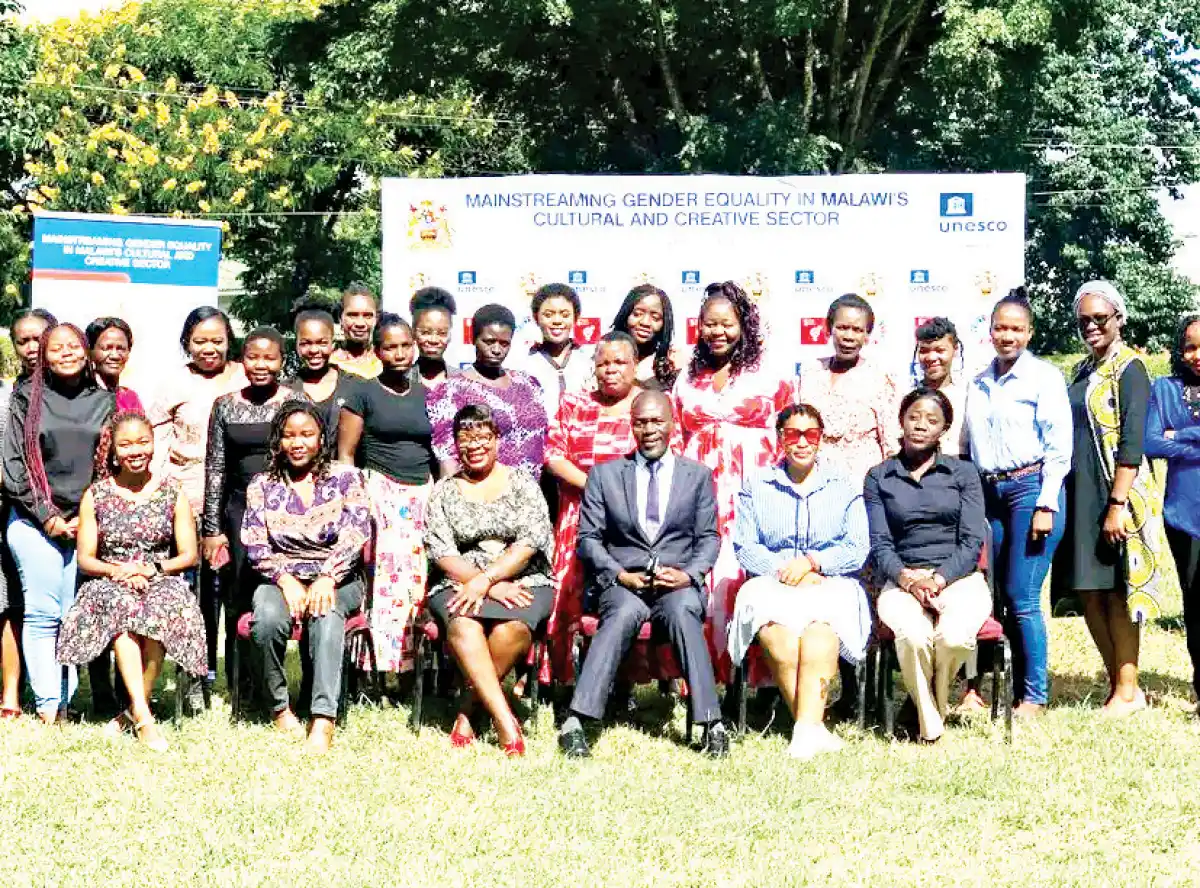
Censorship is crucial in the creative realm in terms of monitoring harmful content and making sure that people make informed decisions in what they consume. It is also important in protecting children from overexposure to disturbing and harmful content. But times have changed and with digital running the space, censorship has got itself new challenges. In Malawi, the Censorship Board has been at the helm of censorship. Leading Censorship Board now is Director of Arts responsible for Censorship in the Ministry of Local Government, Unity and Culture Anganile Nthako.

How are the operations for Censorship Board as regards censorship?
The operations of the Censorship Board have evolved significantly over the years. In the past, the Board focused on censoring and banning materials, especially during the one-party era. However, in the present democratic dispensation, we have shifted our emphasis from censorship to classification. Our focus is on categorising and classifying films, publications, and other forms of entertainment into appropriate age groups. The classification process is not aimed at stifling creativity, but rather to be used by content creators as a guide which helps and ensure that adults are able to make informed viewing choices for themselves and also protect children under their care from over exposure to disturbing and harmful content, and from premature introduction to adult experiences. We also ensure compliance with international standards for classification, which further helps us maintain a balance between protecting our moral l values as a nation and respecting individual freedoms.
In this modern world where digital has taken over, how are you coping with digital in terms of censorship?
The rise of digital media and technology has certainly posed new challenges for the Censorship Board. The shift to digital platforms presents an entirely new landscape for censorship and classification. It is an ongoing challenge to ensure that our regulatory framework aligns with these changes. We recognise that digital content can be disseminated rapidly, sometimes beyond our national borders, making it difficult to regulate and control. However, this has not deterred us; rather, it has prompted us to focus more on adapting our methods and expanding our reach.
For example, we have developed stronger working partnerships with other regulatory bodies like Malawi Communications Regulatory Authority (Macra) that directly enforces the recently passed Electronic Transactions and Cyber Security Act to ensure that digital content that is accessible to Malawians adheres to the moral standards set out in our laws. Additionally, we are also focusing on educating the public about the risks associated with online content, including exposure to harmful materials such as pornography, hate speech, and culturally inappropriate content. Other key strategy involves the updating of our legal framework through the proposed Classification of Films and Publications Bill, which will reflect the need to regulate both traditional and digital content. Ultimately, our goal is to ensure that while technology and media evolve, our cultural values and protections for vulnerable groups and individuals remain a priority.

Do you have the proper instruments to align yourself with digital especially where you have so many platforms nowadays?
We have recognised the need to better align ourselves with the digital age. The review of our Censorship and Control of Entertainment Act (1968) to Classification is one of the first steps in this direction. We are advocating for a new law that will not only align with the democratic constitution but also incorporate the digital realm, with provisions that account for the vast number of digital platforms emerging.
Lastly, any other comments?
As we look to the future, the Censorship Board is focused on ensuring that its operations are more inclusive and aligned with both the democratic values of the country and international standards. We understand that we are in an era where information flows freely and rapidly, and we aim to strike a balance between protecting public morals, especially concerning children’s access to age-appropriate content, and respecting individuals’ rights to access information in the digital world. We believe that the upcoming changes, including the new Classification Bill, will help guide us through this challenge, as we transition from a more restrictive system to one that is more focused on classification, protection, and guidance.
Additionally, we hope to foster a sense of community responsibility through public awareness campaigns and decentralisation, which will allow local communities and families to play an active role in monitoring media and entertainment platforms within their locality.
It is our conviction that this approach will help in the protection of children from exposure to premature adult experiences and harmful content. This is work in progress, and we appreciate the public’s understanding as we work to refine our role and fulfill our mandate of regulating public entertainment and protecting moral values that make Malawi unique, while remaining open to the positive aspects of the digital world.








0 Comments